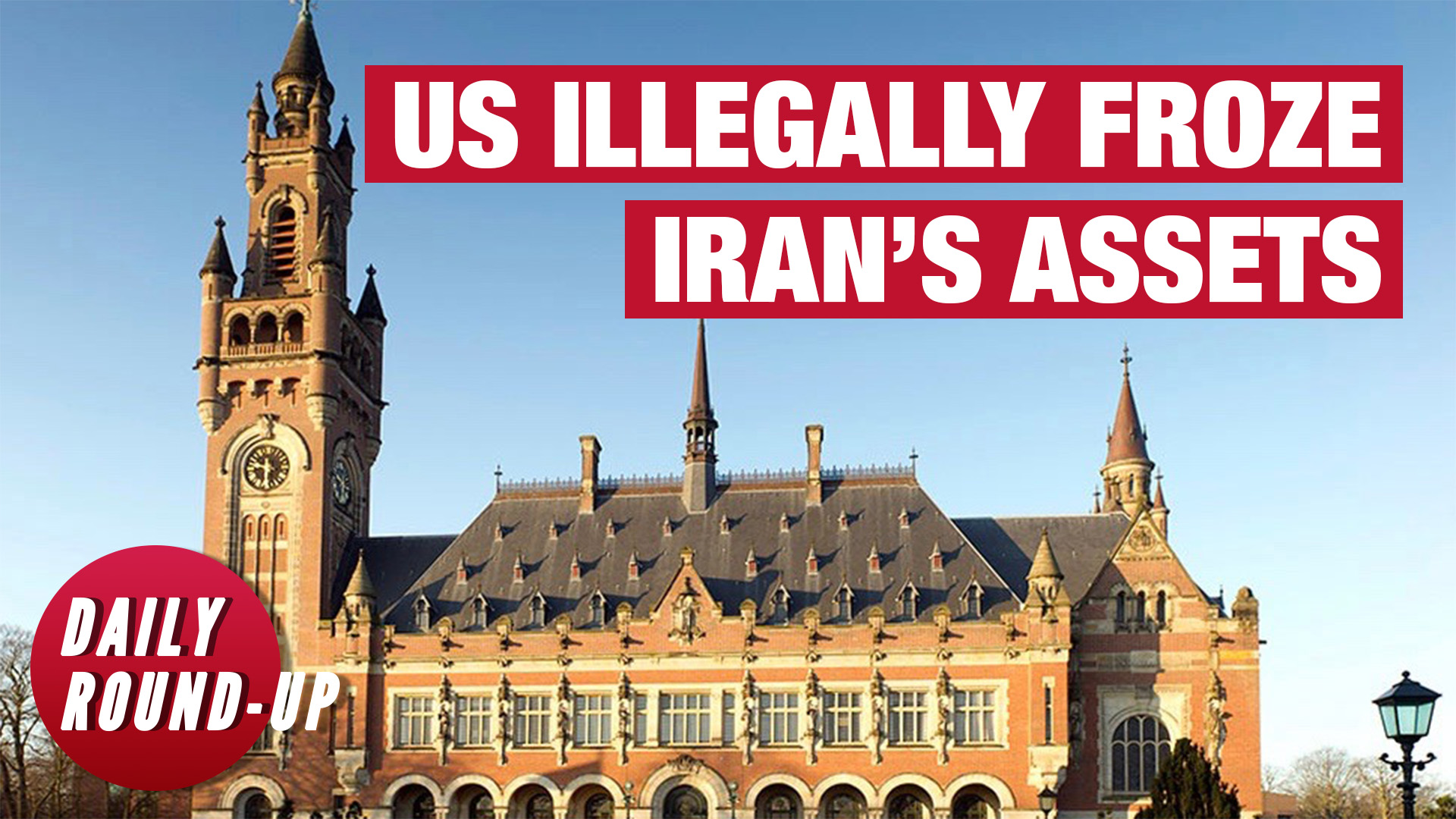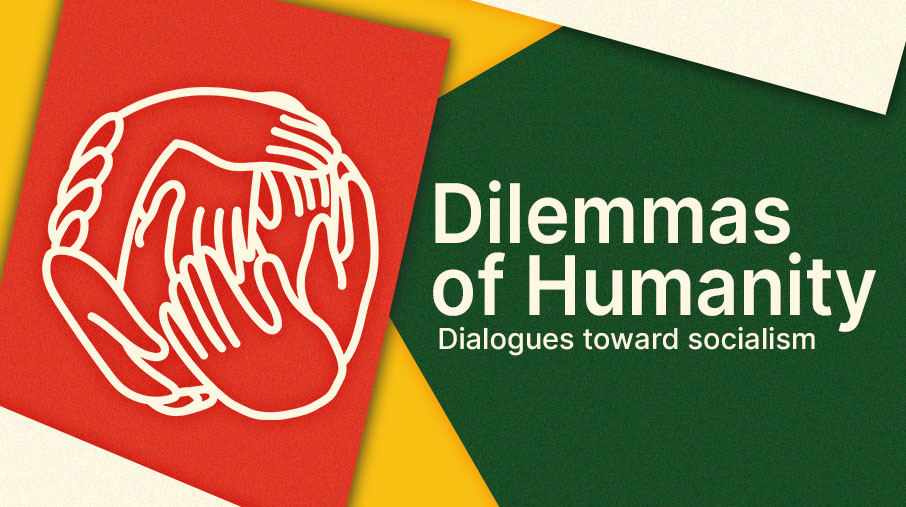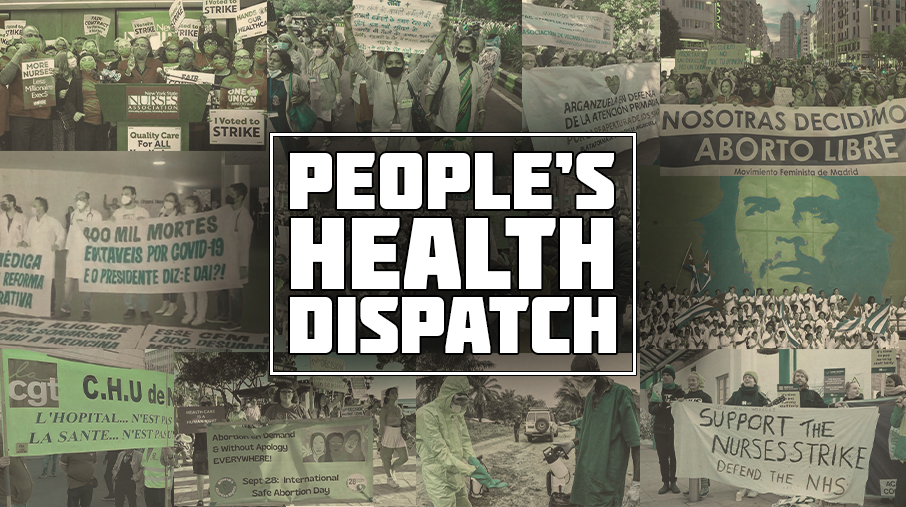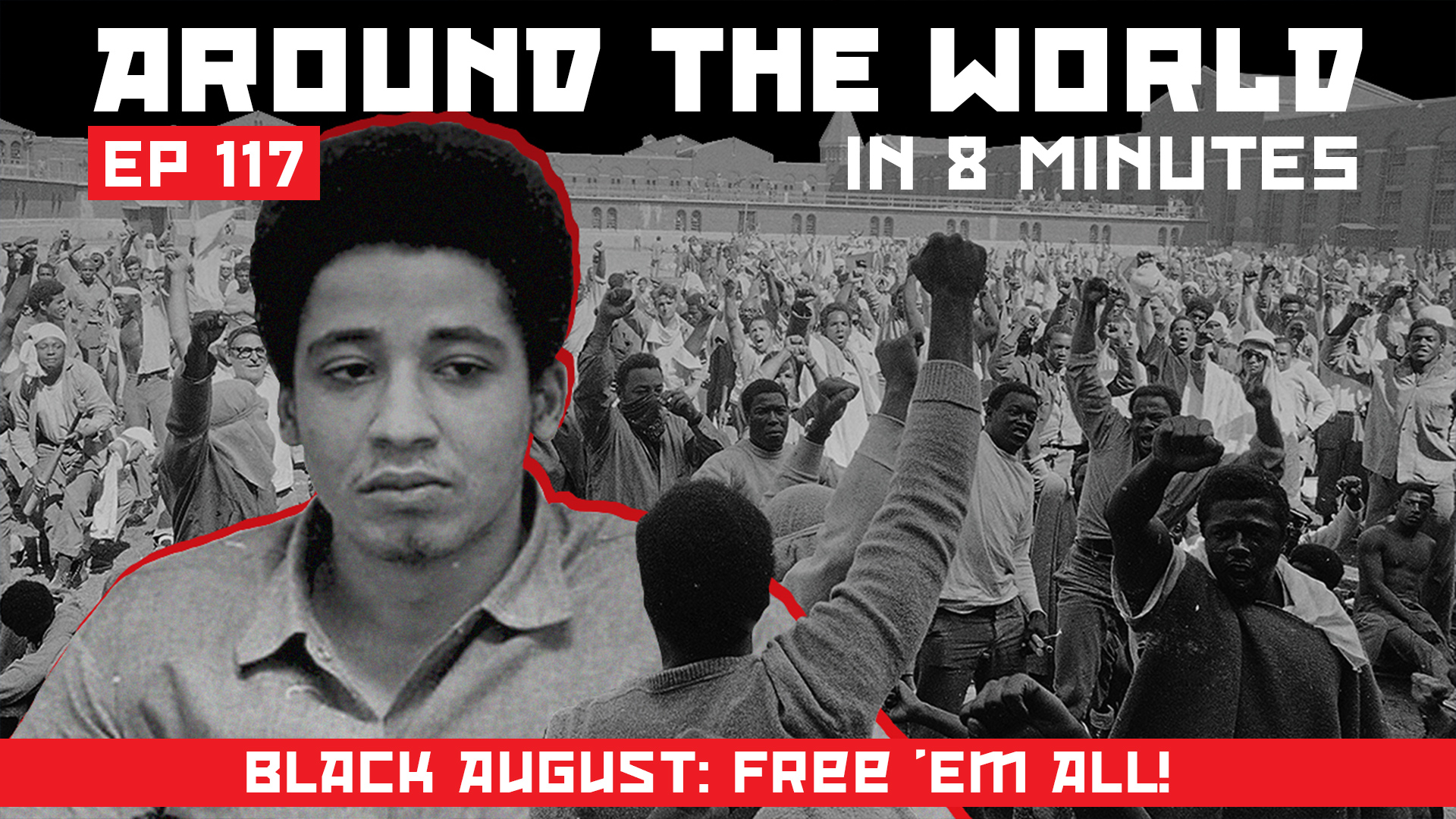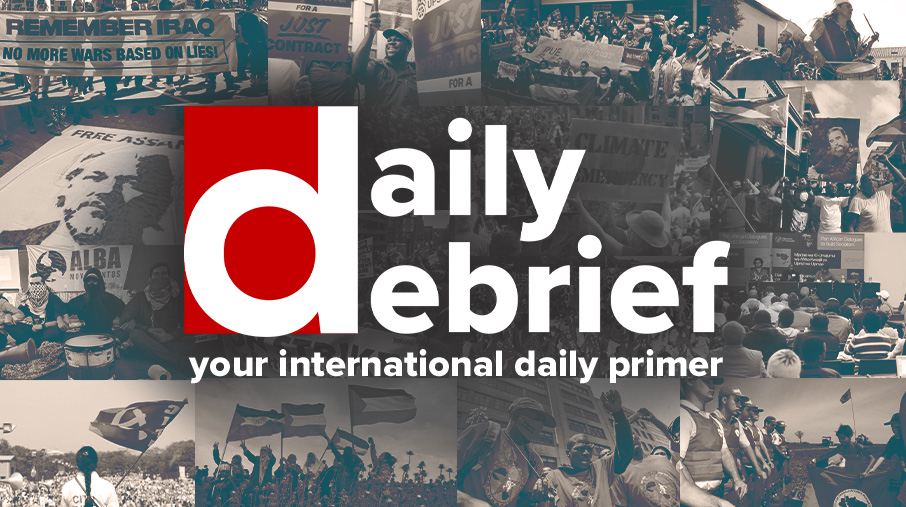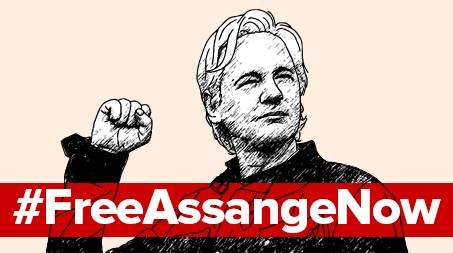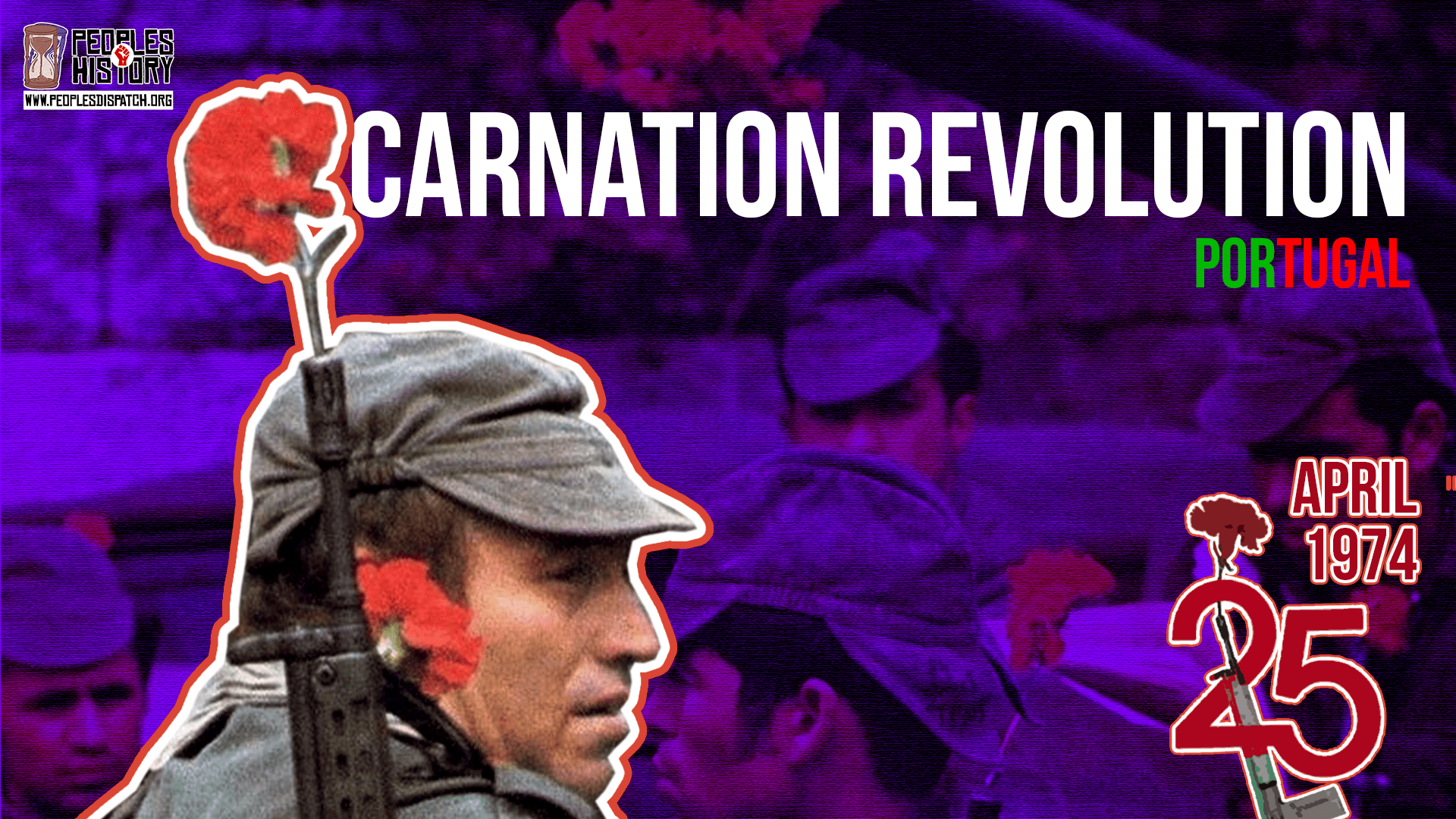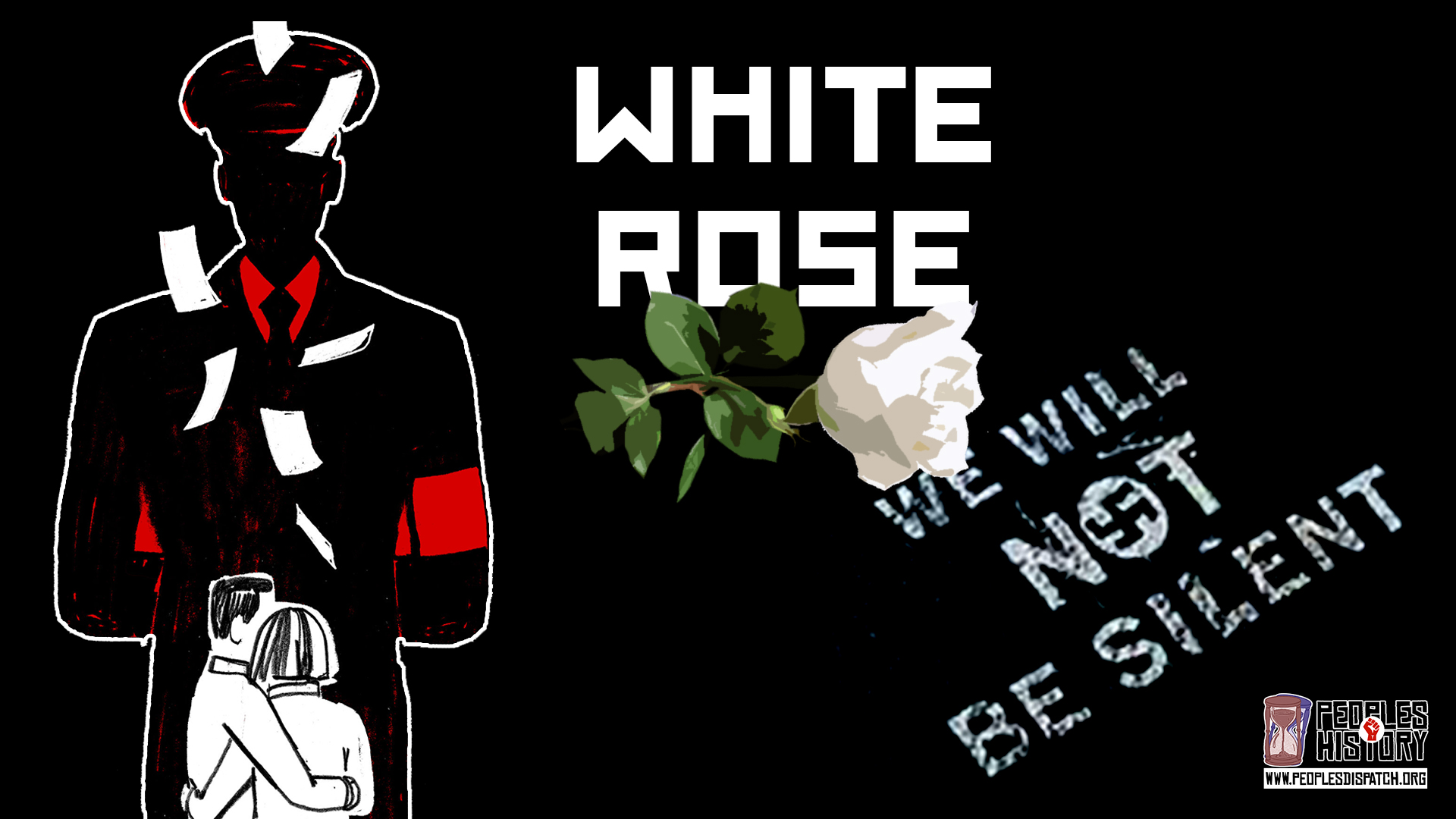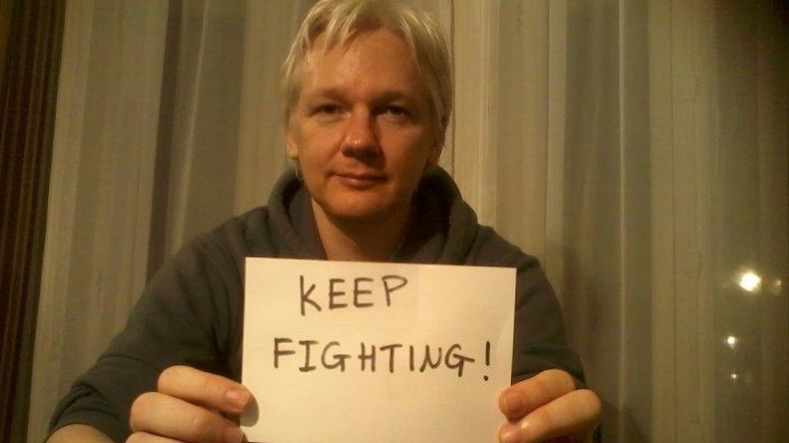 Australian lawmakers call for Julian Assange’s release ahead of extradition appeal
Australian lawmakers call for Julian Assange’s release ahead of extradition appeal
The motion in parliament, which was supported by Prime Minister Anthony Albanese, has called for the return of imprisoned WikiLeaks founder Julian Assange to his family in Australia. Assange is days away from a final court hearing in the UK against his extradition to the US.
 UK court to hear Assange’s final appeal against extradition in February
UK court to hear Assange’s final appeal against extradition in February
In the hearing, two judges will review an earlier decision to reject Assange’s appeal against his extradition to the US
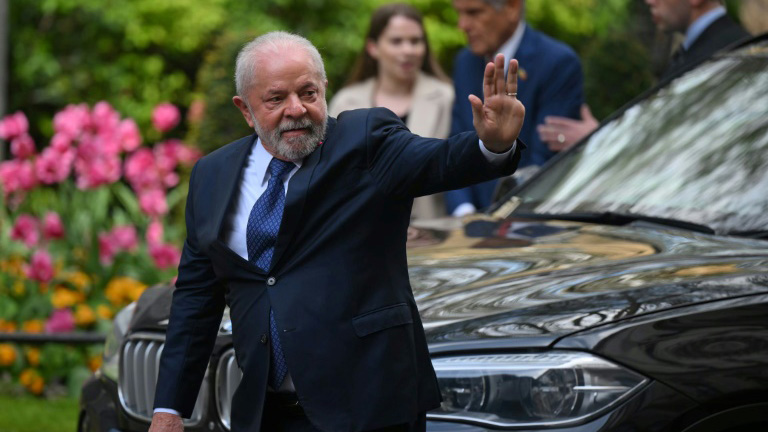 Lula calls for Assange’s release in London, reiterating calls by leaders globally
Lula calls for Assange’s release in London, reiterating calls by leaders globally
Speaking to journalists in London, Brazil’s Lula pulled no punches when criticizing the mainstream media’s lack of organized efforts to defend Assange and demand his freedom
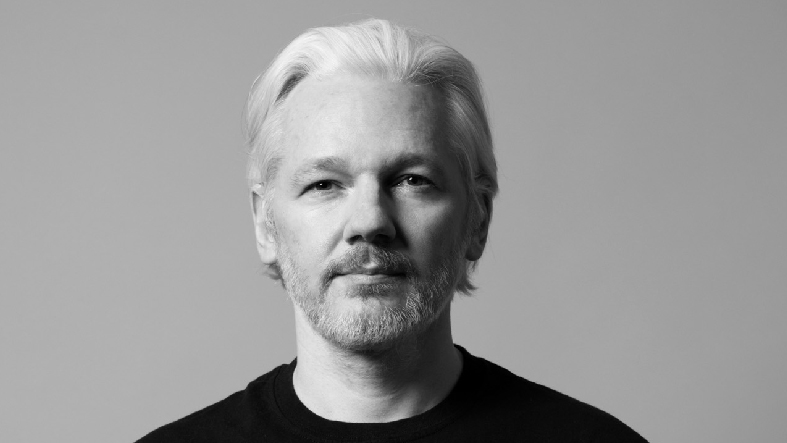 Assange completes four years in UK jail, struggle against US extradition continues
Assange completes four years in UK jail, struggle against US extradition continues
The Wikileaks founder has spent four years in a high-security prison without a conviction or a charge, fighting a prolonged extradition process. Meanwhile, his supporters have shown no signs of easing the struggle for his release
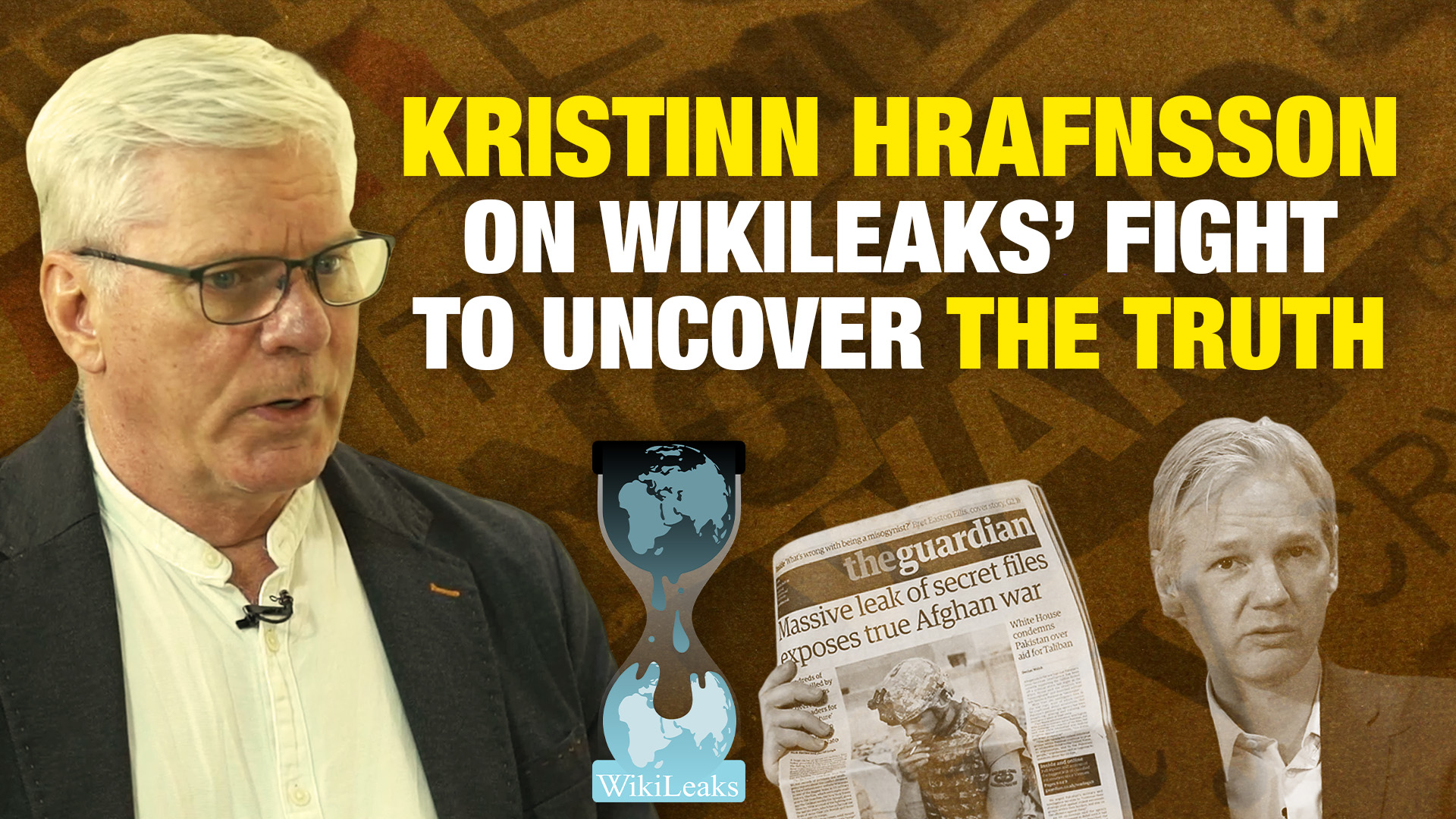 Kristinn Hrafnsson of Wikileaks on press freedom and Julian Assange
Kristinn Hrafnsson of Wikileaks on press freedom and Julian Assange
Kristinn Hrafnsson, Editor-in-chief of Wikileaks, talks about the deterioration of press freedom in the last fifty years and how it affected a free press
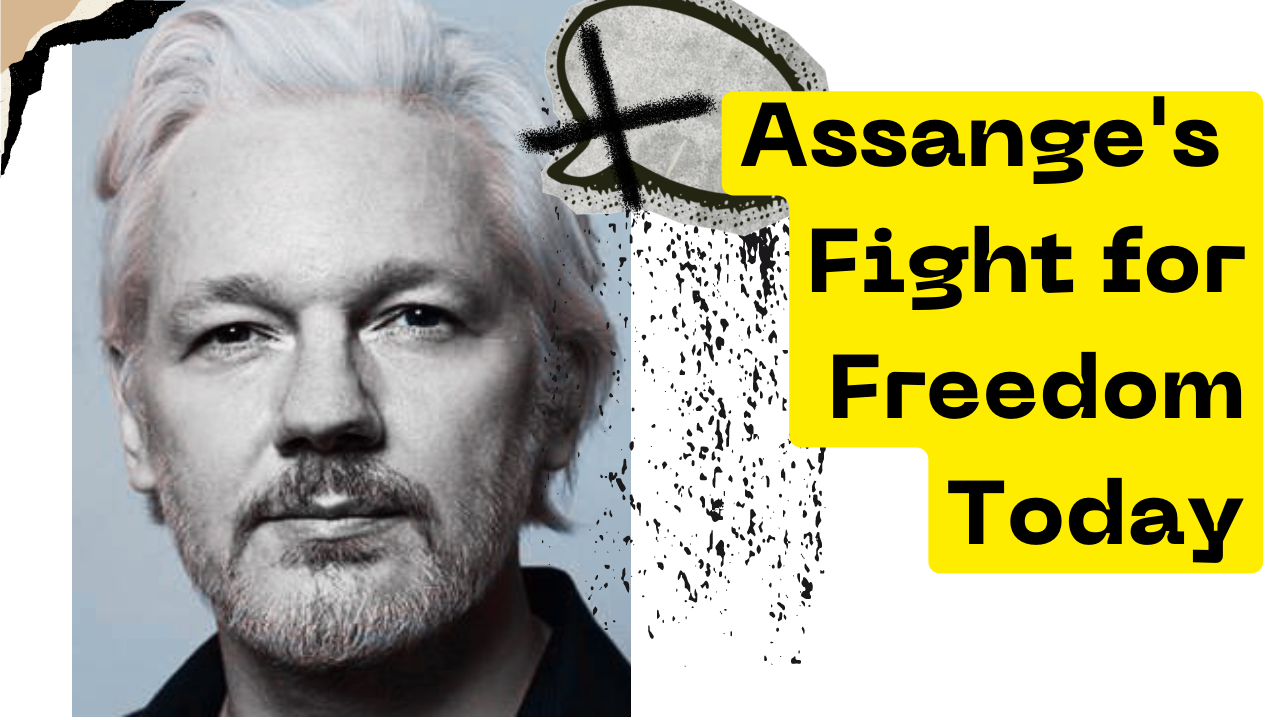 Multiple heads of government call for Assange’s freedom
Multiple heads of government call for Assange’s freedom
In the last few days alone, multiple heads of government have called for freedom for Julian Assange. This includes Australian prime minister Anthony Albanese, Colombian president Gustavo Petro, Brazilian president-elect Lula da Silva, and Argentine president Alberto Fernandez.
 Anthony Albanese reveals Australia is lobbying for an end to US pursuit of Assange
Anthony Albanese reveals Australia is lobbying for an end to US pursuit of Assange
Australian prime minister Anthony Albanese clarified that his government is working in a “diplomatic way” and has advocated for an end to US prosecution against Assange
 Wikileaks delegation in Latin America to rally support for Assange’s release
Wikileaks delegation in Latin America to rally support for Assange’s release
A delegation from Wikileaks is canvassing among progressive movements, press freedom advocates, and political leaders across Latin America to garner support for Julian Assange’s release
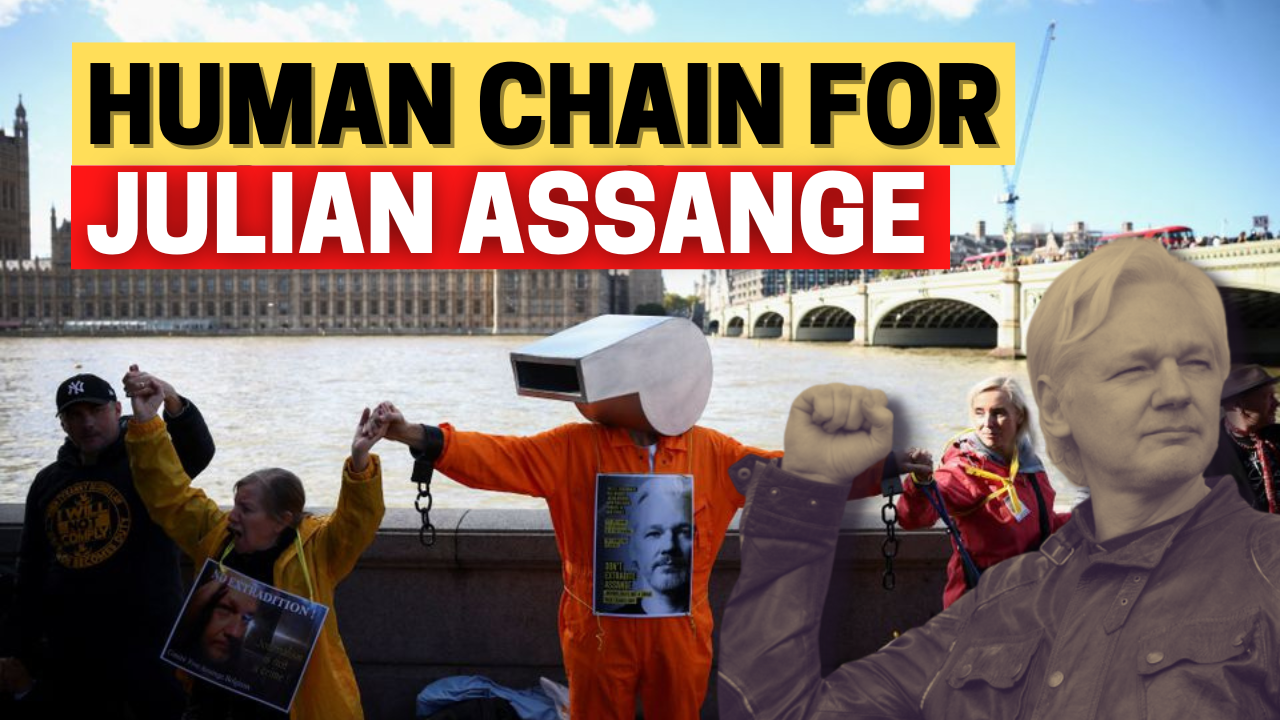 Calls for Julian Assange’s freedom intensify across the world
Calls for Julian Assange’s freedom intensify across the world
The news of Julian Assange contracting COVID-19 emerged just days after a massive global action took place demanding his release
 The call heard around the world: Free Julian Assange Now!
The call heard around the world: Free Julian Assange Now!
Thousands of people formed a human chain around the UK Parliament on October 8 to demand freedom for WikiLeaks founder Julian Assange. Actions in solidarity with the imprisoned journalist were held across the world, including in Morocco, Brazil, Australia, and the US
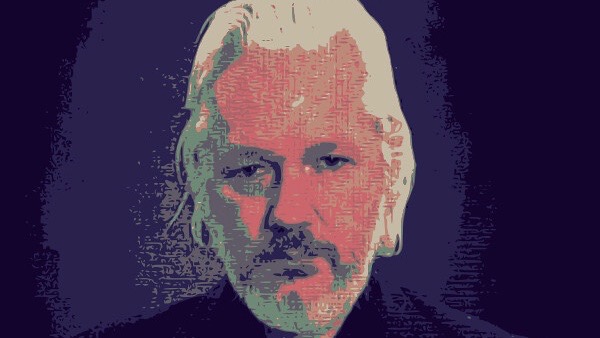 UK Home Secretary authorizes extradition of WikiLeaks founder Julian Assange
UK Home Secretary authorizes extradition of WikiLeaks founder Julian Assange
Assange’s legal team will now have 14 days to appeal against the decision in the High Court. The move has been widely condemned as a“dark day for press freedom”


